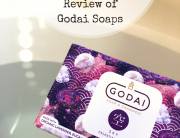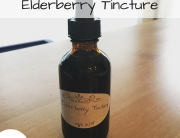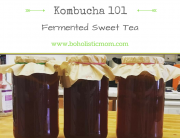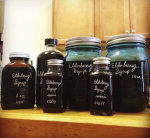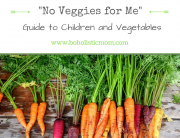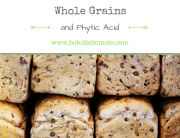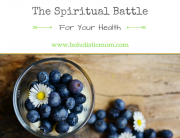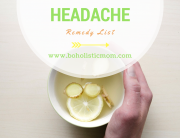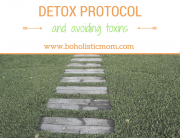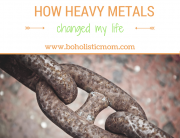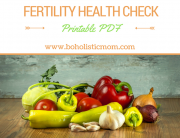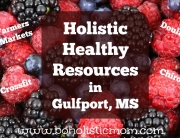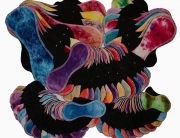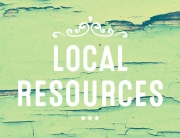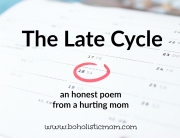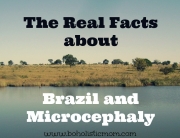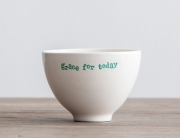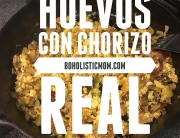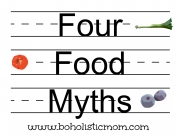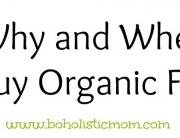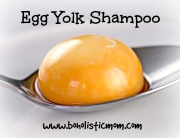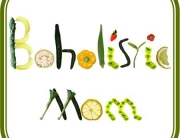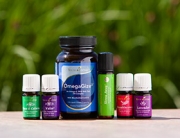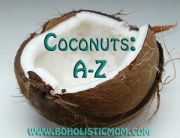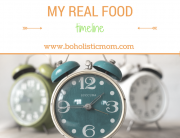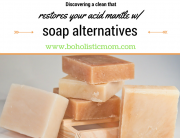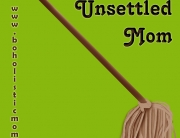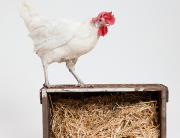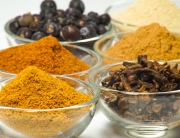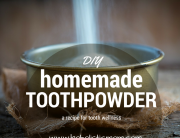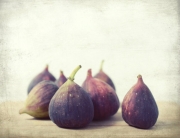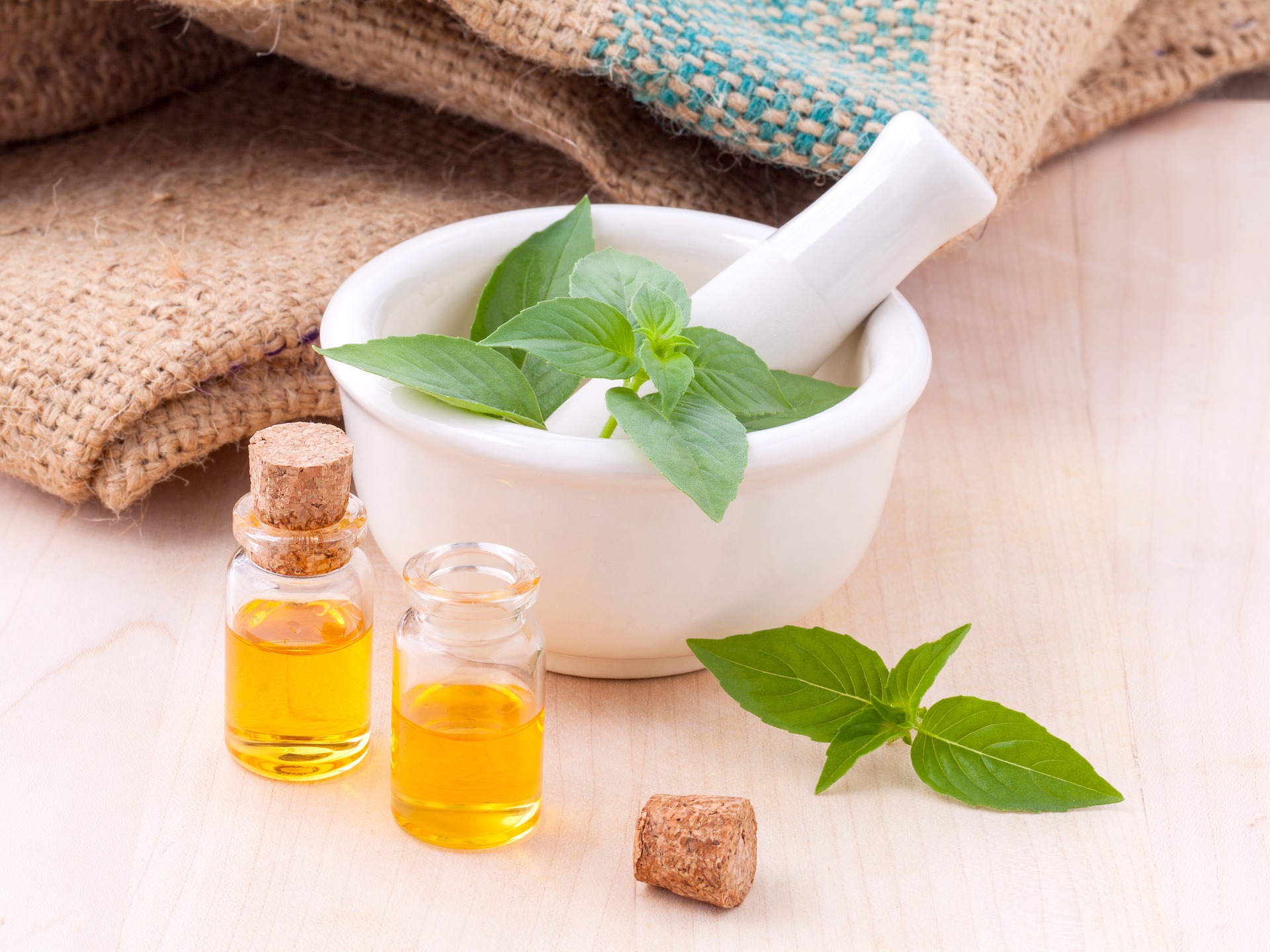
Original Photograph by Robert Knapp – http://www.modernartphotograph.com/
My First Coffee
In the years since my first induction into the coffee obsessed hall of fame, I’ve learned a lot about coffee. It wasn’t hard to start learning considering I had so very much to learn after sipping my first Folgers . . . actually it was probably an off brand . . . that was loaded with Coffee Mate powdered creamer . . . actually, no, that was probably also an off brand . . . with almost as much sugar as coffee. Then and only then could I down the strange lava like substance purportedly known as coffee. Learning, as I mentioned before, was easy. I learned quickly that the strange substance sampled in my teenage years could hardly be called coffee. There is fresh roasted coffee . . . and there are coffee grounds. Let’s discuss fresh roasted coffee before my mouth gets bitterer and my soul echos its sentiments.
Fresh Roasted Coffee
What I know about coffee is almost all from experience and very little from books and further roasting knowledge. I know what tastes good. I know what doesn’t. Fresh roasted coffee tastes phenomenal. I went from drinking coffee from strange coffee grounds, to drinking coffee at coffee houses, to drinking coffee that was freshly ground, then finally to coffee that was freshly roasted and freshly ground. After drinking the later, there’s really no returning to the former. Fresh aromatic coffee takes you in as it brews with the smells permeating the air. Then when you pour the deep brown liquid into a mug, you visually see the luscious texture of your coffee. I prefer dark blends. As if that wasn’t enough to tempt the senses, your tongue gets to have the next party. You experience the flavor of the coffee in all of its glory. Coffee is an experience . . . or it’s not worth having.
Types of Coffee
While there are more types of coffee than I care to list, I have some main characteristics that I look for in my coffee. These you should know about if you care about your coffee even remotely.
Fair Trade – Drink coffee and change the world. Fair Trade coffee will assure you that when you buy coffee the laborers who pick your coffee from the fields are fairly paid. Without the assurance of Fair Trade, you can assume that you are getting a good deal at the expense of a family who is starving in Africa, South America, or wherever your coffee beans were grown. I find that my coffee tastes a heap better when I’m confident on the fair sourcing of my cup of java.
Organic – Drink coffee, not chemicals. “According to the CS Monitor, conventional farmers apply up to 250 pounds of chemical fertilizers per acre.”3 Sound delicious, right? Not so much. Pesticides are now being connected to ADHD in children and I’m sure they can’t be helpful for adults either.
Whole Beans – If you really love coffee, then invest in a grinder. You will never regret the taste of freshly ground coffee in the morning . . . or in the afternoon . . . or in the evening. It’s positively irregrettable (and apparently, yes, I did just make up that word).
Dark or Bold Roast – If you like fresh cream in your coffee, then go dark, go bold. The fullness of flavor of a good cup of coffee can be found in a great cup of robust, bold coffee.
Light Roast – If you don’t use cream in your coffee, then you might like light roast. I’m not a huge fan of the light roasts, but they do tend to be calmer to the tongue and have more subtle flavors.
In Your Coffee
What should you put in your deliciously decadent cup of freshly roasted, freshly ground coffee?
Raw Cream – I drink raw fresh milk from a cow. Thus it’s only reasonable that I would suggest you use fresh raw cream from a cow. I suppose you could get it from a goat if you prefer, but I’d definitely suggest fresh milk over the stuff sold in most grocery stores.
Organic Cream – Okay, maybe you don’t have access to a farmer or a cow or a goat. Then definitely consider getting organic cream. This keeps all sorts of extras out of your milk. Cows eat grass. If the grass has been sprayed with anything, then the cows have those chemicals in their stomachs. Then the cow stomachs absorb the chemicals and it goes into their bloodstream. The bloodstream then deposits the nutrients and the chemicals into their milk and cream. Organic cream also will have no hormones and no antibiotics.
Sucanat – Whether you go for brand name Sucanat or some other pure dried sugar cane juice, definitely go for an unrefined sugar. Instead of refining the sugar until there is no possible nutrient left in the substance, dried sugar cane juice retains the molasses and many of its nutrients and vitamins.
Raw Honey – If you don’t want sugar, consider adding raw honey. It is a very different flavor, but honey is another fantastic unrefined sweetener.
Organic Raw Coconut Oil – Adding Coconut Oil is a personal preference and really only for health reasons. When looking for a way to add coconut oil to my diet, I realized that it’s very easy to drink with my Italian espresso in the morning.
What should you never on any circumstances use in your deliciously decadent cup of freshly roasted, freshly ground coffee?
Coffee Mate Powder Creamer – Have you turned this product over and read its ingredients? Do you recognize any of what is listed? Didn’t think so. Don’t use this unless you have no problem consuming excess, strange, and bizarre chemicals.
Coffee Mate Liquid Creamer – Unless you like to drink Crisco (partially hydrogenated vegetable oils), then you probably want to stay away from this creamer. Ingredients: Water, sugar, and partially hydrogenated soybean and/or cottonseed oil (plus other strange chemicals). Seriously, you don’t want this in your java.
Sugar – Refined sugar really doesn’t help out your coffee. It might mask some of the bitter flavors of a robust coffee, but at what cost? You get refined sugars that aren’t good for your body with no actual flavor. Sweet isn’t much of a flavor. Honey has flavor. Sucanat has a nice molasses punch. But sugar is just sweet nastiness.
Should You Reheat Your Coffee?
No, no, no, and no. You should never reheat your coffee. In preparing a good Fair Trade Organic freshly ground, freshly roasted cup of coffee, you can make it fresh, but you cannot on any terms reheat the coffee and retain its goodness. Coffee contains volatile aromatic compounds.1 These volatile compounds are . . . well . . . volatile. “Volatility is the tendency of a substance to vaporize.”5 As you are breathing in the delicious coffee, the compounds in the coffee are vaporizing. This is why when you taste an old pot of coffee or a cold cup of coffee, it’s gross. The problem cannot be remedied by reheating the coffee. The aromatic compounds have vaporized. The coffee is caput, el muerto, and the aromatic goodness is gone. I pretty much wrote this entire post to save the world from reheated coffee.
If you have a home with a coffee pot never ever reheat the pot of coffee. Brew a new pot.
If you are a server at a restaurant never reheat the coffee. Brew a new pot.
If you are a barista at a coffee shop never save old espresso. Brew a new shot.
The point being? Enjoy your coffee. Buy the good stuff. Add in only good stuff. And by all means don’t settle for the bad stuff . . . especially the day old coffee.

Sources
- Coffee Research – http://www.coffeeresearch.org/science/aromamain.htm#sthash.iYTcEq2D.dpuf
- Daily Finance – http://www.dailyfinance.com/2012/06/19/noticed-that-your-coffee-tastes-funny-heres-why/
- Mercola – http://articles.mercola.com/sites/articles/archive/2010/01/30/if-you-drink-coffee-make-sure-it-is-organic.aspx
- Time – http://content.time.com/time/health/article/0,8599,1989564,00.html
- Handbook of Chemicals and Safety by T.S.S. Dikshith




